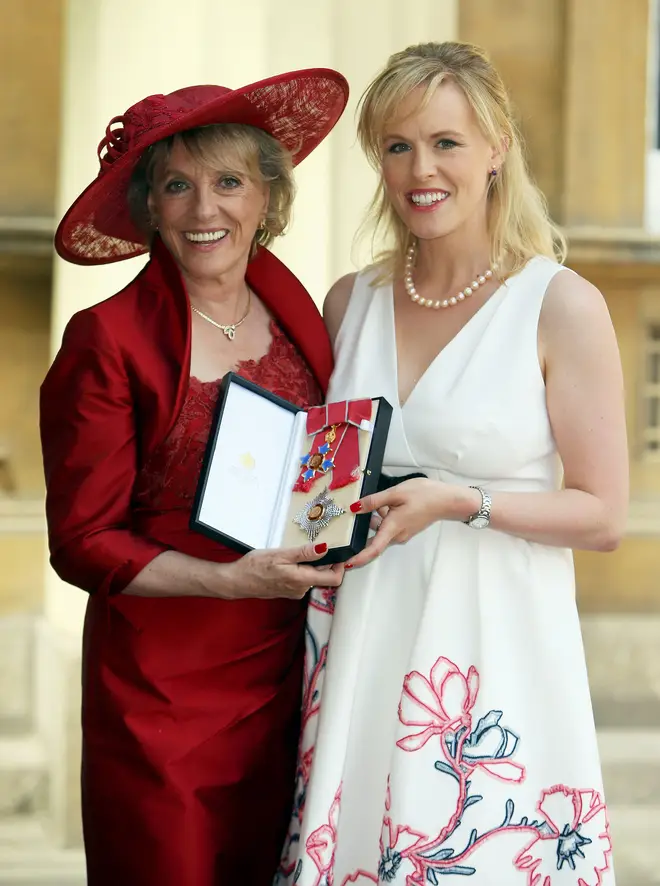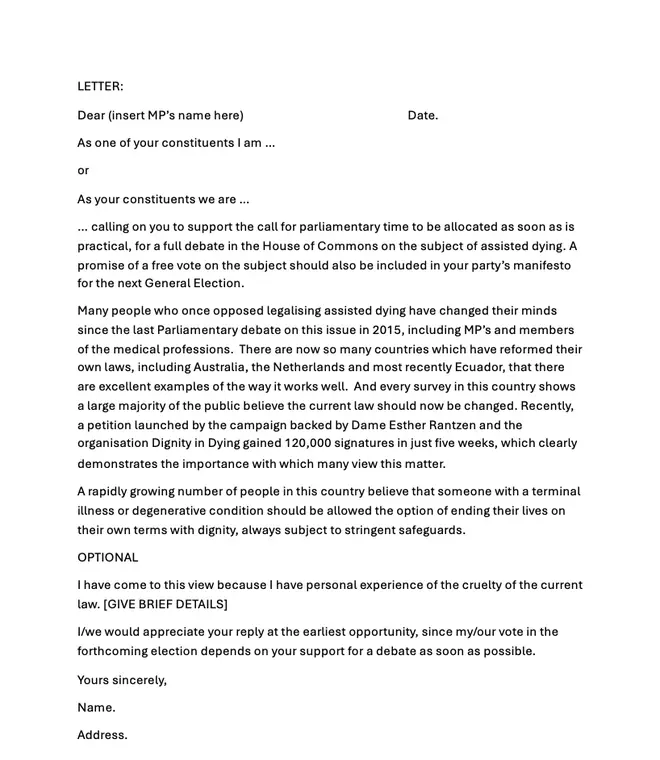
Iain Dale 7pm - 10pm
19 February 2024, 07:00 | Updated: 19 February 2024, 07:03

Dame Esther Rantzen has revealed how that she will prepare for her final goodbye with caviar and champagne if she goes to Dignitas.
Ms Rantzen revealed at the end of last year that she had joined Dignitas in Switzerland as she battles stage four lung cancer.
The 83-year-old, who is the founder of Childline, was initially not expected to make it to Christmas as the cancer advanced.
Speaking to LBC's Nick Ferrari, Ms Rantzen revealed how she would prepare for her final moments.
"What I would like, if we can get our laws straight and it doesn't put my family at risk, is I'd like to fly off to Zurich with my nearest and dearest, have a fantastic dinner the night before – I love caviar and the fact it doesn’t always agree with me doesn't matter – I could even have champagne which I'm deeply allergic to," she said.
Dame Esther joins Nick Ferrari at Breakfast from 7am and you can listen on Global Player, the official LBC app.
"Then, the next day, go to this rather unappealing place where they do it, listen to a favourite piece of music and say goodbye to everybody.
"I'll tell them to 'cheer up, I’m meeting my late husband, my departed dog and my mother at the pearly gates' and hold out my hand for an injection or open my mouth for a rather disgusting medication."

It comes as Ms Rantzen is calling for changes to laws around assisted dying, which is currently banned in England.
She has issued a letter she hopes supporters will send to their MPs in a bid to get the promise of a free vote on the matter in party manifestos for the next general election.
Read Dame Esther's full template for the public to urge their MPs to back a free vote on assisted dying here.
The letter template calls for "a full debate in the House of Commons on the subject of assisted dying".
It adds: "Many people who once opposed legalising assisted dying have changed their minds since the last Parliamentary debate on this issue in 2015, including MPs and members of the medical professions.
"There are now so many countries which have reformed their own laws, including Australia, the Netherlands and most recently Ecuador, that there are excellent examples of the way it works well."

Ms Rantzen told Nick that people need to be able to have "individual choice at that moment which is literally life and death".
When asked what she wanted her family's last memories of her to be, Ms Rantzen said: "I'm a performer, so I'd like to leave them wanting more.
"I would like them to feel that I had died happy. I've had a very lucky life, I've got an amazing family and group of friends and colleagues.
"I'd like to say goodbye fairly gracefully and then go."